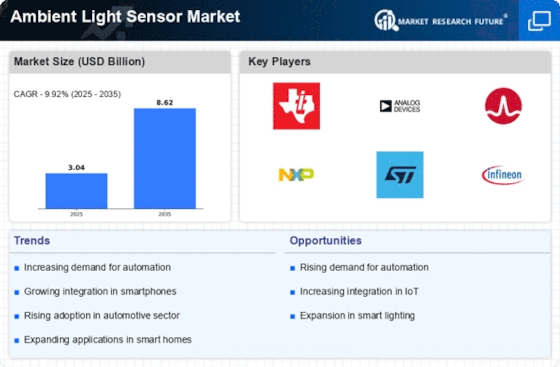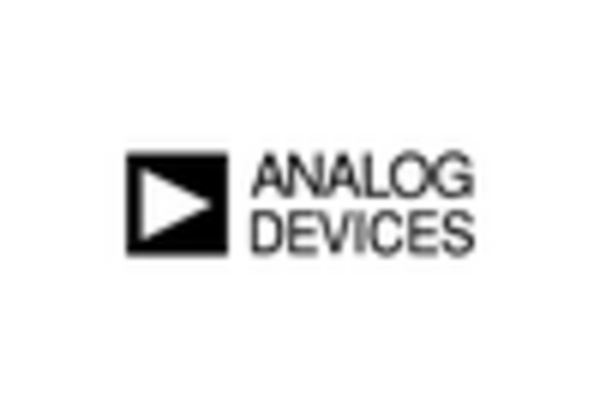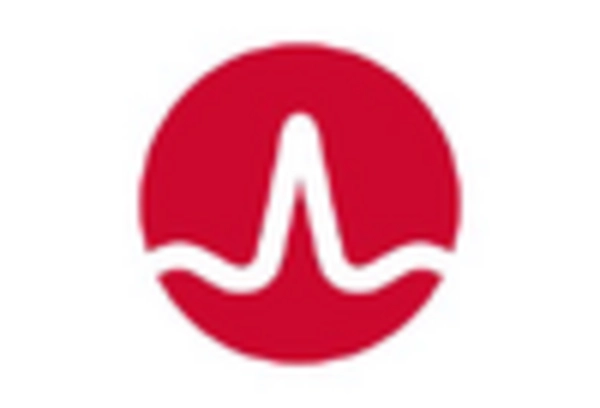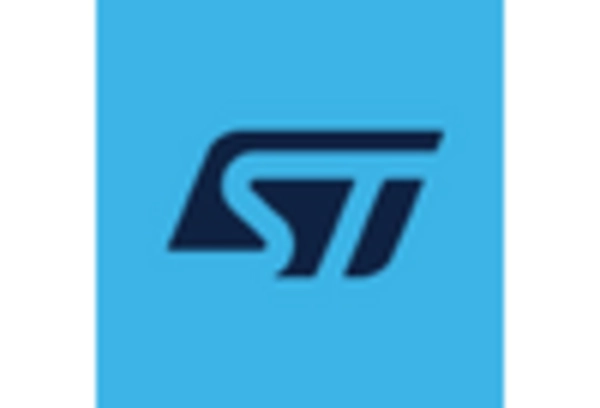Market Analysis
In-depth Analysis of Ambient Light Sensor Market Industry Landscape
ALS sensors are essential for managing lighting and display brightness in response to changing ambient light conditions. Consumer electronics ambient light sensor sales are strongly tied to the rise in laptop, tablet, and smartphone sales. These sensors enhance the user experience by automatically adjusting screen brightness, conserving energy, and optimizing visibility under various lighting conditions.
Additionally, the vehicle sector has been a major promoter of ambient light sensor market dynamics. Modern automobiles are adding ambient lighting to improve interior aesthetics and driver engagement. Ambient light sensors allow adaptive lighting systems to alter vehicle lighting to environmental changes. This improves driver and passenger vision and comfort. The market for ambient light sensors is likely to grow as automakers concentrate on constructing smarter, more connected automobiles.
The development of intelligent buildings and dwellings also affects market dynamics. Ambient light sensors enable intelligent lighting. These sensors alter lighting based on occupancy, time of day, and natural light. This improves energy efficiency and creates a more comfortable and adaptable living or working environment. The increased use of smart home technologies is expected to boost the ambient light sensor market. The necessity for smooth integration into smart lighting ecosystems is the main factor.
Sensor design innovations affect market dynamics. Compact, energy-efficient sensors are among these improvements. These technical advances allow more gadgets to include ambient light sensors. Industrial applications, wearables, and IoT devices are included. The miniaturization of sensors allows them to be used in many form factors. Although this was done, the sensors' efficacy was impacted.
The emphasis on energy efficiency and sustainability is a major element impacting the ambient light sensor industry. The sensors automatically modify lighting settings based on natural light, saving electricity. Since consumers and businesses are seeking environmentally friendly solutions, ambient light sensors as part of energy-efficient lighting systems are expected to increase.
However, standardization and interoperability difficulties may affect industry dynamics. Lack of universal ambient light sensor benchmarks may hinder their widespread adoption across platforms and devices. Overcoming these obstacles is crucial to the development and integration of the ambient light sensor sector across many industries.
















Leave a Comment